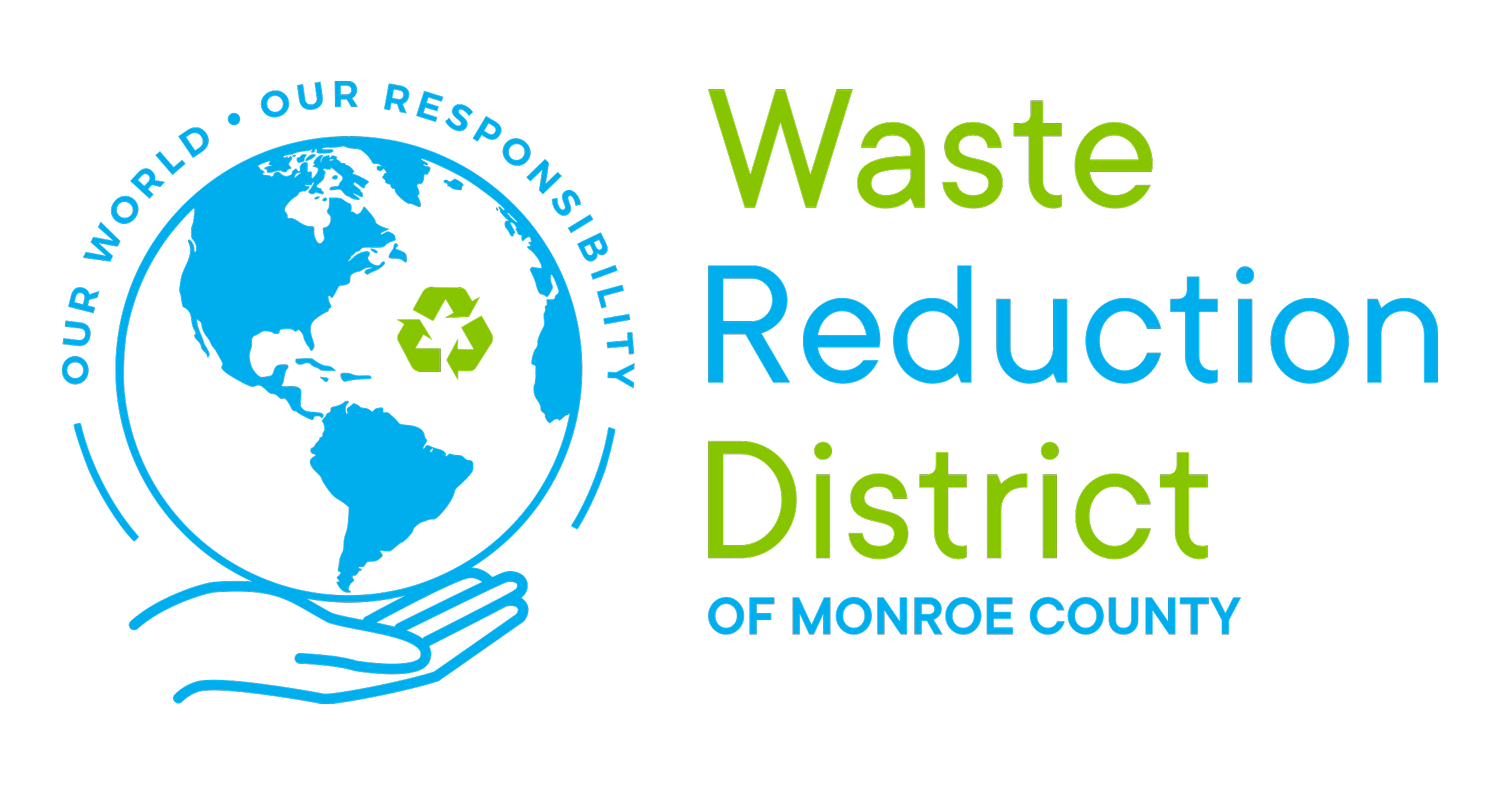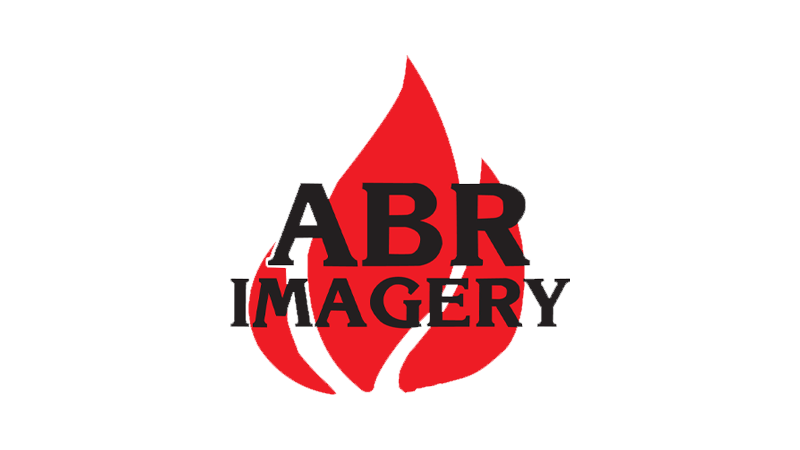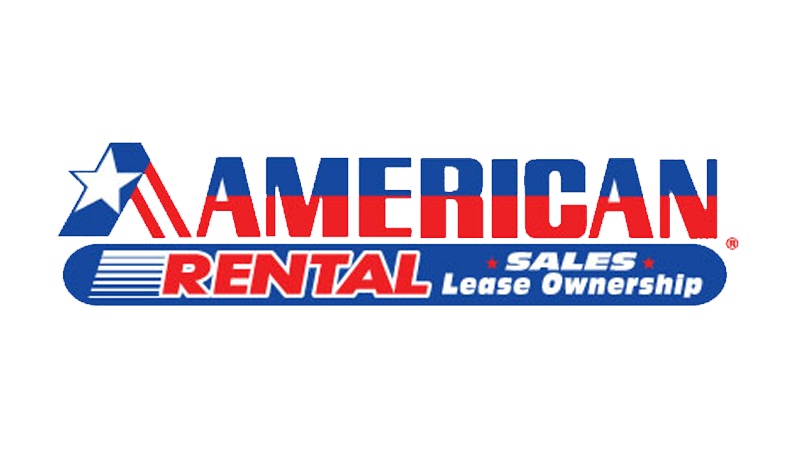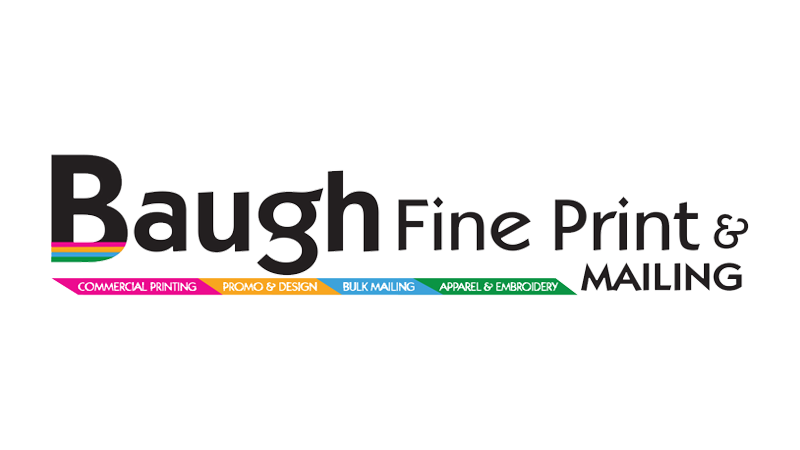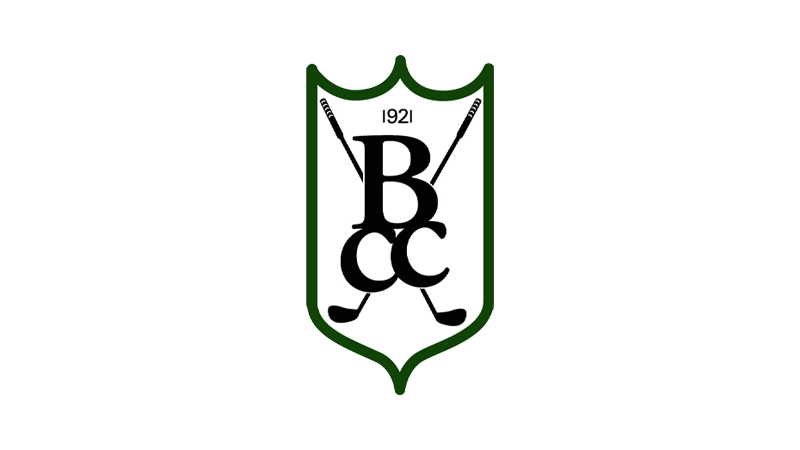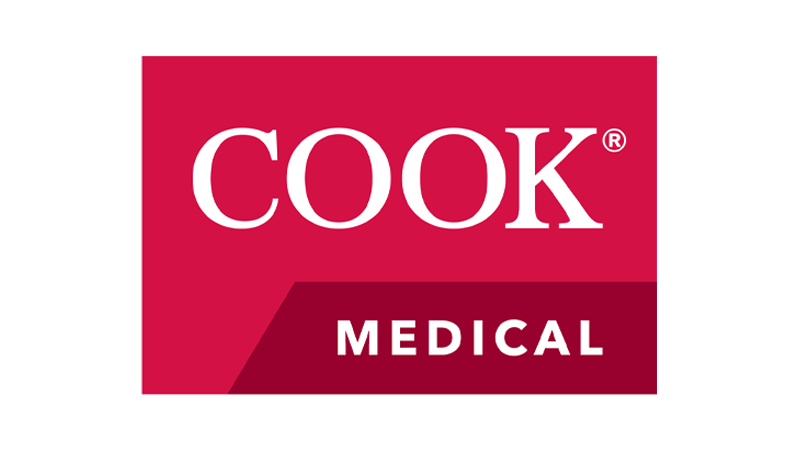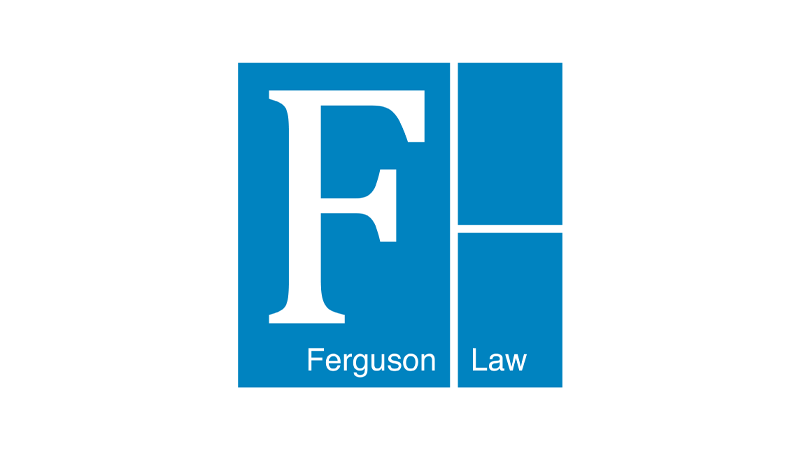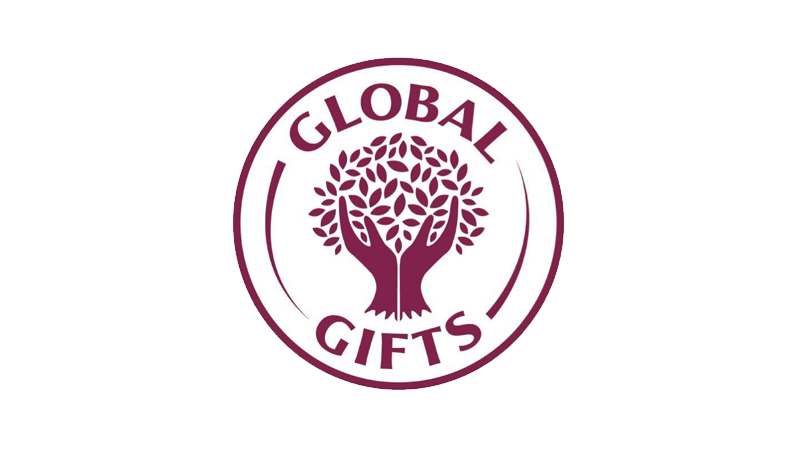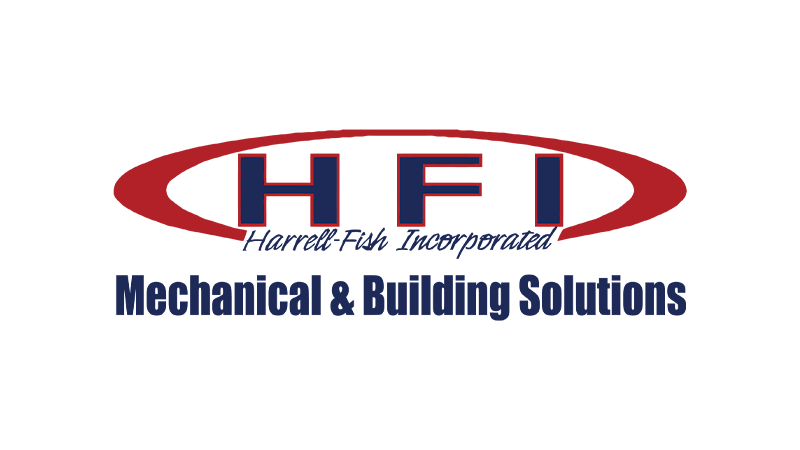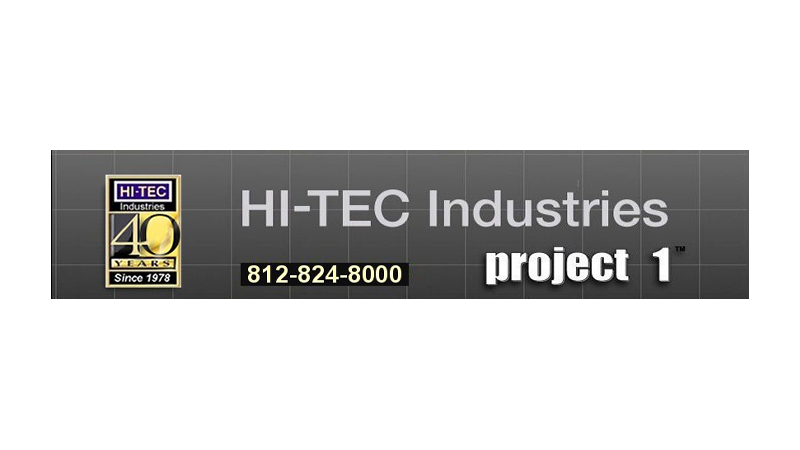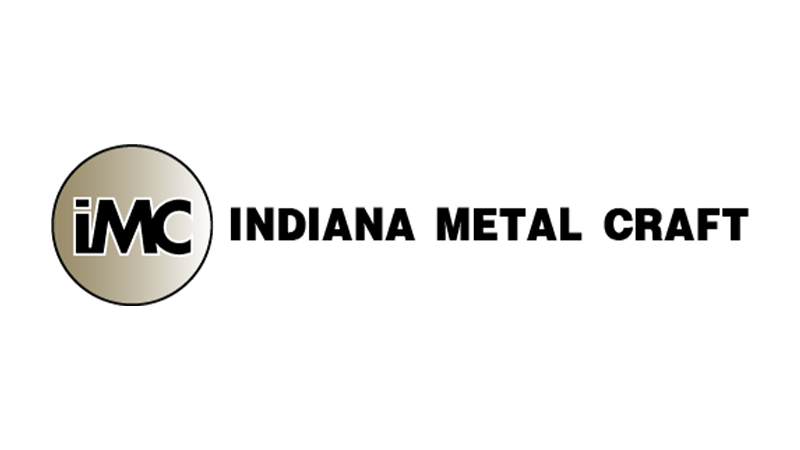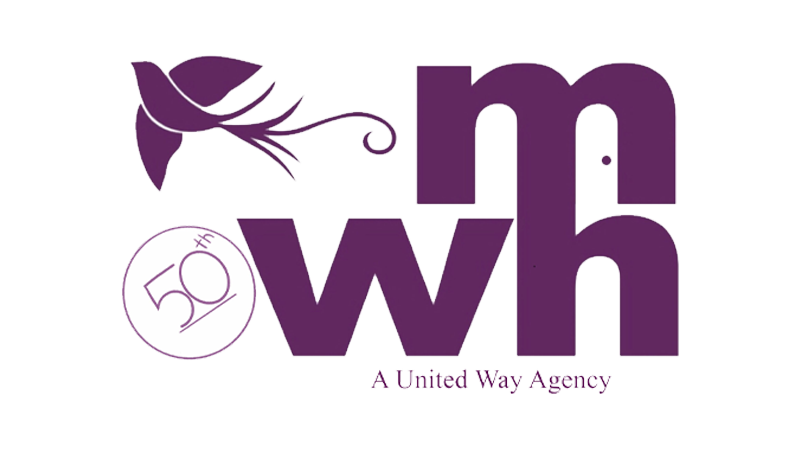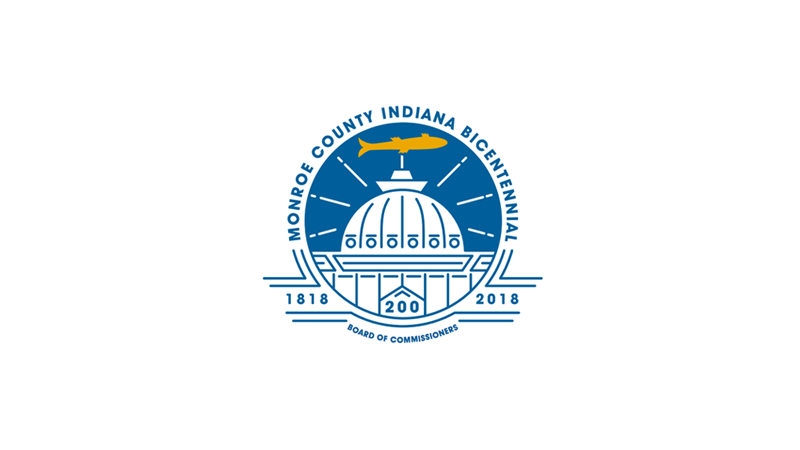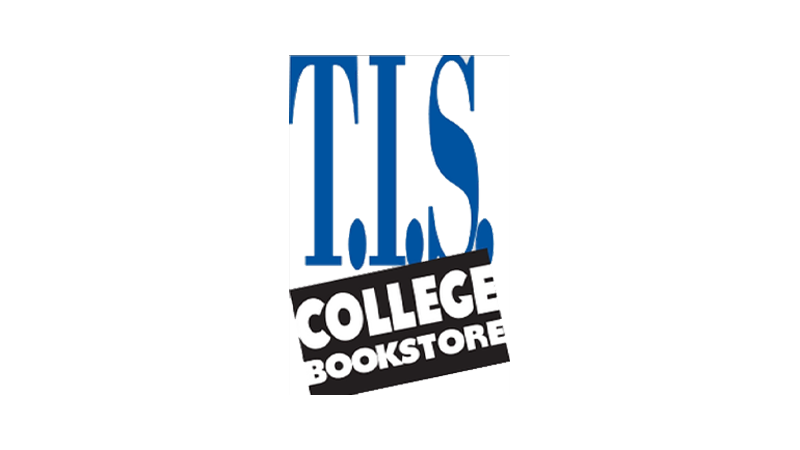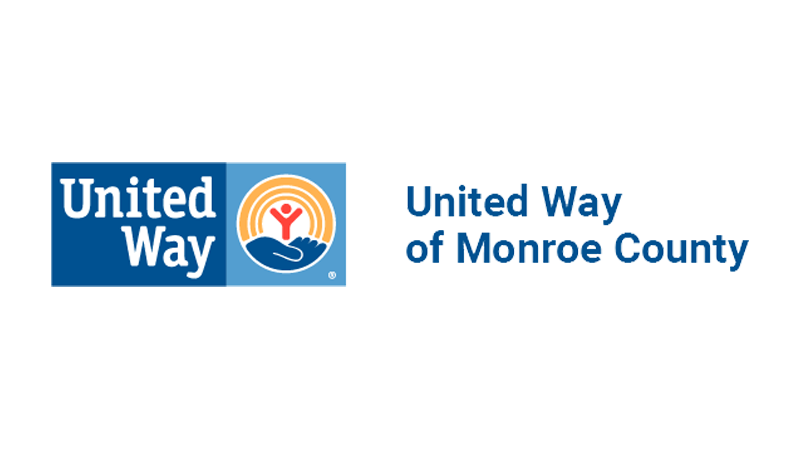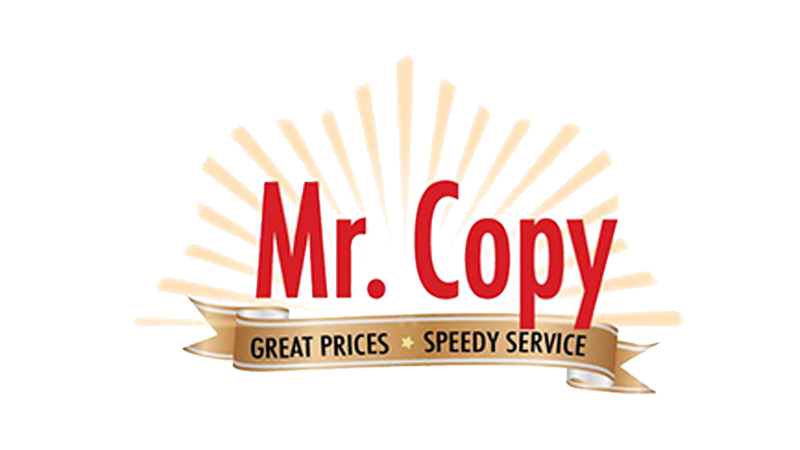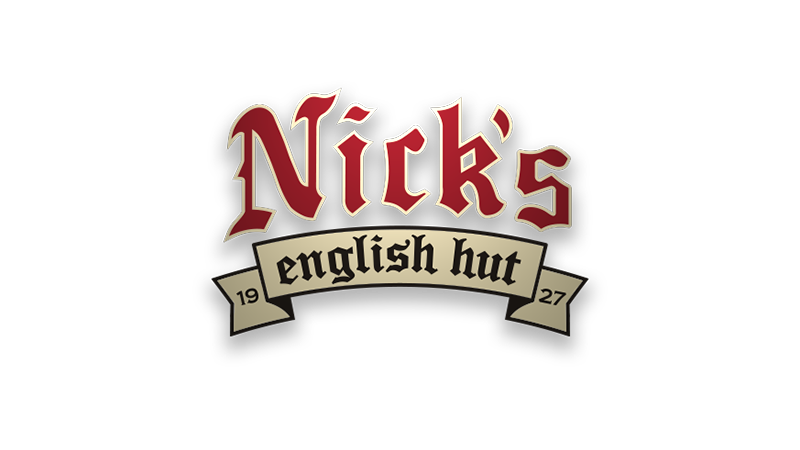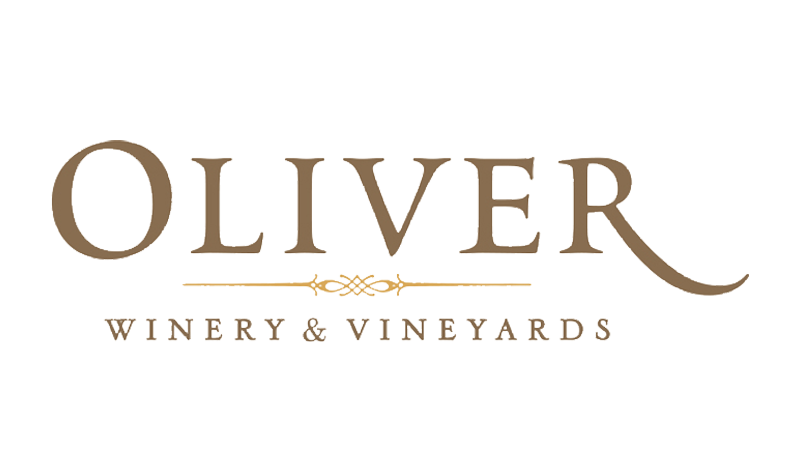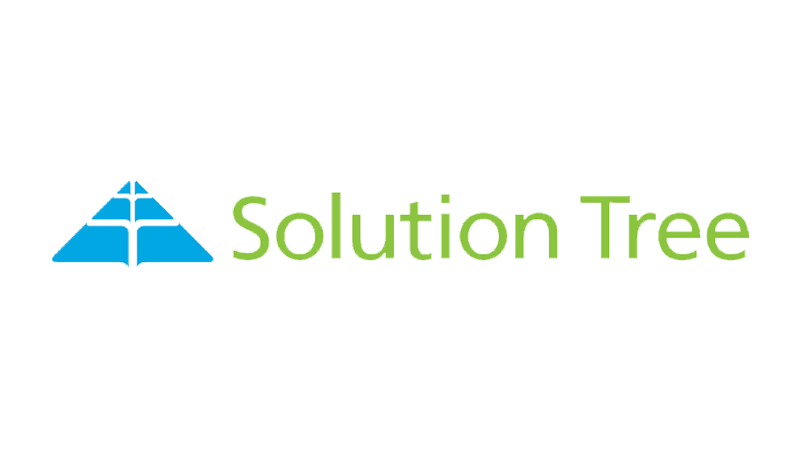
Green Business Network
Green Business Members
The Green Business Network helps businesses make strides in environmental stewardship by implementing environmentally sound business operations.
Contact Waste Reduction Specialist Kayla Strand at 812-668-2241, or kstrand@mcswmd.org, to learn more about the Green Business Network program or to schedule a waste audit for your business.
Contact Community Outreach Coordinator Elisa Pokral at 812-349-2866, or epokral@mcswmd.org, to schedule presentations on developing a business recycling program, motivating employees to recycle, and the Triple Bottom Line (People, Planet, Profit).
Green Business Resources for Reuse & Recycling
-
The District does not accept these items from businesses. Please refer to the IDEM Electronic Waste website for assistance: https://www.in.gov/idem/recycle/electronic-waste
-
Bloomington Iron & Metal - 812.336.6884
J.B. Salvage - 812.323-2886
-
Mail Preference Service
c/o Direct Mail Marketing Association
PO Box 9008 Farmingdale, NY 11735-9008
212.758.7277Request your name, address, and phone number be removed.
-
Center for Sustainable Living - 812.332.8796
Bloomington Community Bike Project - https://btownbikeproject.org/
-
Need them?
• Pak-Mail - 812.333.6245
• Goods for Cooks- 812.339.2200
• UPS Store - 812.331.9990Have them?
• Game Preserve - 812.332.6602
• Amused Clothing - 812.332.8733
• Clear Morning - 812.339.2931
• District Materials for the Arts Program – 812.349.2022Alternative Products:
• Rainforest Alliance - 888.693.2784
• Reflections by David -260.833.6310 Fremont, IN - recycled promos.
• Bloomingfoods - East 812.336.5400 — West 812.333.7312
Green Business Waste Reduction
Waste reduction programs include reducing, reusing, and recycling waste. Reducing and reusing supplies in the business place means less waste produced, and fewer office materials purchased. Less waste produced means less waste is thrown out, which results in great disposal cost savings. Any way you look at it, a waste reduction program will save your business money.
Read further to find out how to begin your own program.
Appoint an individual or group of people to lead the program.
Discuss what materials can and will be included in the program.
Perform an audit of waste composition and volume if necessary.
Decide how the materials will be collected:
Smaller containers to be disposed of in larger containers
64-gallon toters
Gaylords- 4x4x4 ft. cardboard box on a pallet
Place containers in a centralized location easily accessible for employees.
Decide if the materials will be:
Delivered to one of the recycling facilities
Placed on the District's Green Business pick-up route*
*Certain volume and separation requirements must be met in order to qualify for pickup service by the Recycling Center.
Inform all employees of the new program to insure participation:
Circulate a memo
Post Signs
Label bins appropriately
Incorporate program into the orientation process and mission statement
Have incentives or a "kick-off" celebration
Once your program is running, consider adding reuse to your program and using products made from recycled material. Reuse efforts can drastically decrease spending on office supplies!
Remember, if you aren't buying recycled, you're not really recycling!
Green Tips Checklist
Reduce your business waste. Here's how!
Reducing the amount of waste your business produces helps cut waste removal and recycling costs, and cuts purchasing costs as well. Here are a few tips to help you reduce waste:
Purchase reusable products instead of disposable ones. Use items that are more durable, refillable, and reusable. Disposable products cost more and create more waste.
Consolidate separate forms, reports, and memos. Eliminate any process using products that are outdated or no longer needed.
Consolidate files, or have a master file, so extra copies are not needed in five different places.
Save important emails to your computer or backup file instead of printing them for filing. Email saves paper only when the messages are not printed out.
Edit all work on-screen as much as possible before printing.
Circulate one copy of a memo, or distribute it via email to save printing a copy for every person in the office.
Purchase products that come in the least amount of packaging, look for products packaged in recyclable materials and request that packaging be recyclable from your distributor. They will not use peanuts if you request them not to. Buying bulk saves money too.
Reusing items around the office also helps to keep purchasing costs down as well as waste disposal costs. Here are some ideas for reusing items in your office:
Reuse one-sided paper. Reuse preprinted copies in the printer or copier for work drafts. Reuse the fax machine for printing faxes. Collect one-sided copies to make note pads.
Share magazines and other publications with coworkers before recycling them.
Request that your employer only purchases one copy of each publication to be shared among employees in the office.
Take office supplies that can still be used, but are no longer needed, to your local reuse facility where teachers and not-for-profit organizations can put them to good use.
Donate bigger items such as office furniture to charities or second-hand store.
Reuse the cardboard boxes your printer paper comes in as recycle bins under your desks.
Recycling is the most common act of waste reduction.
Here are a couple more ways to recycle at your business:
Recycle used ink cartridges from printers by sending them to a facility that accepts them. Contact the manufacturer for more information.
Recycle hazardous materials. Look for things you might not have considered as hazardous, such as fluorescent light bulbs and batteries. Consult the District for more information on proper hazardous waste disposal.
Recycle old computers. Computers of most kinds can be remanufactured and used again. Donate the computer to a not-for-profit or local school.
All electronics can now be recycled at the Hazardous Materials facility.
"Close the loop" of waste reduction by purchasing products made of recycled, post-consumer content. Look for products made with recycled content and ask for them if you do not find them. Without purchasing recycled products, there is nowhere for your recyclables to go. Here are some tips to get your business buying recycled:
Use paper with post-consumer content. 35% is the minimum post-consumer content recommended.
Use a printing ink alternative such as soy ink.
Request that the products you purchase come in packaging that is recyclable or made of recycled materials.
Buy office products made of recycled materials: plastics, furniture, metals.
Consider using remanufactured computers.
Look for recycled content in almost anything your office regularly uses.
Recycling Center(s) Pickup Route Schedule & Guidelines
-

Regularly Scheduled Service
• Occurs 1-2 times/week on designated days.
• Four times per month not to exceed once per week: $800/year.
• Eight times per month, not to exceed twice per week: $1,600/year.
• Materials are required to be separated.
• Toters and cubic yard capacity bins are used for collection and preferably stay inside the building. If there isn't room, they need to have shelter to keep the paper products dry. -

Bi-Monthly Service
• Occurs twice per month, not to exceed one pick up per week.
• The cost is $400 per year.
• Materials are required to be separated.
• Toters and cubic yard capacity bins are used for collection and preferably stay inside the building. If there isn't room, they need to have shelter to keep the paper products dry -

Monthly Service
• Occurs once a month.
• The cost is $200 per year.
• Materials are required to be separated.
• Toters and cubic yard capacity bins are used for collection and preferably stay inside the building. If there isn't room, they need to have shelter to keep the paper products dry. -

Call-In Service
• The cost is $50 per call-in.
• The container/s must be full.
• Materials are required to be separated.
• Toters or cubic yard capacity bins may be provided for collection and preferably stay inside the building. If there's isn't room, they need to have shelter to keep the paper products dry.
• This charge also applies if regularly scheduled pick-ups need extra call-in service. -

Recycling Containers
• 64-gallon two-wheeled carts are generally used for collection. The one-time charge for these containers is $69.00 each. One container is necessary per category of recycling. These toters are "matched" by the District. The business buys one and the District matches it. This assures efficiency of the program and that proper cleanliness is maintained.
• Depending upon the volume of material and space for containers, cubic yard capacity bins may also be used. There is no charge for these bins. -

Contamination
The District has the right to deny service if materials are not sorted according to required categories.
-

Recyclable Material Storage
• Container must be appropriate for the material it holds.
• Paper and cardboard cannot get wet and must be stored indoors or in a roofed area and in a container with a tight-fitting lid.
• Materials must be separated correctly according to the Recycling Center's standards or they will not be picked up.
• Materials may not be picked up if they are not clearly separated from the trash. -

Accessibility
• Materials need to be stored at an easily accessible location for pickup.
• Depending on the size of the load to be picked up, the appropriate vehicle must be able to access the materials as needed. -
Availability
Room on the pickup schedule must be available to receive the pickup service requested. If room is not available at the time of request for service, you may request to be placed on a waitlist.
* The District is not able to replace any commercial recycling service you may already have.
